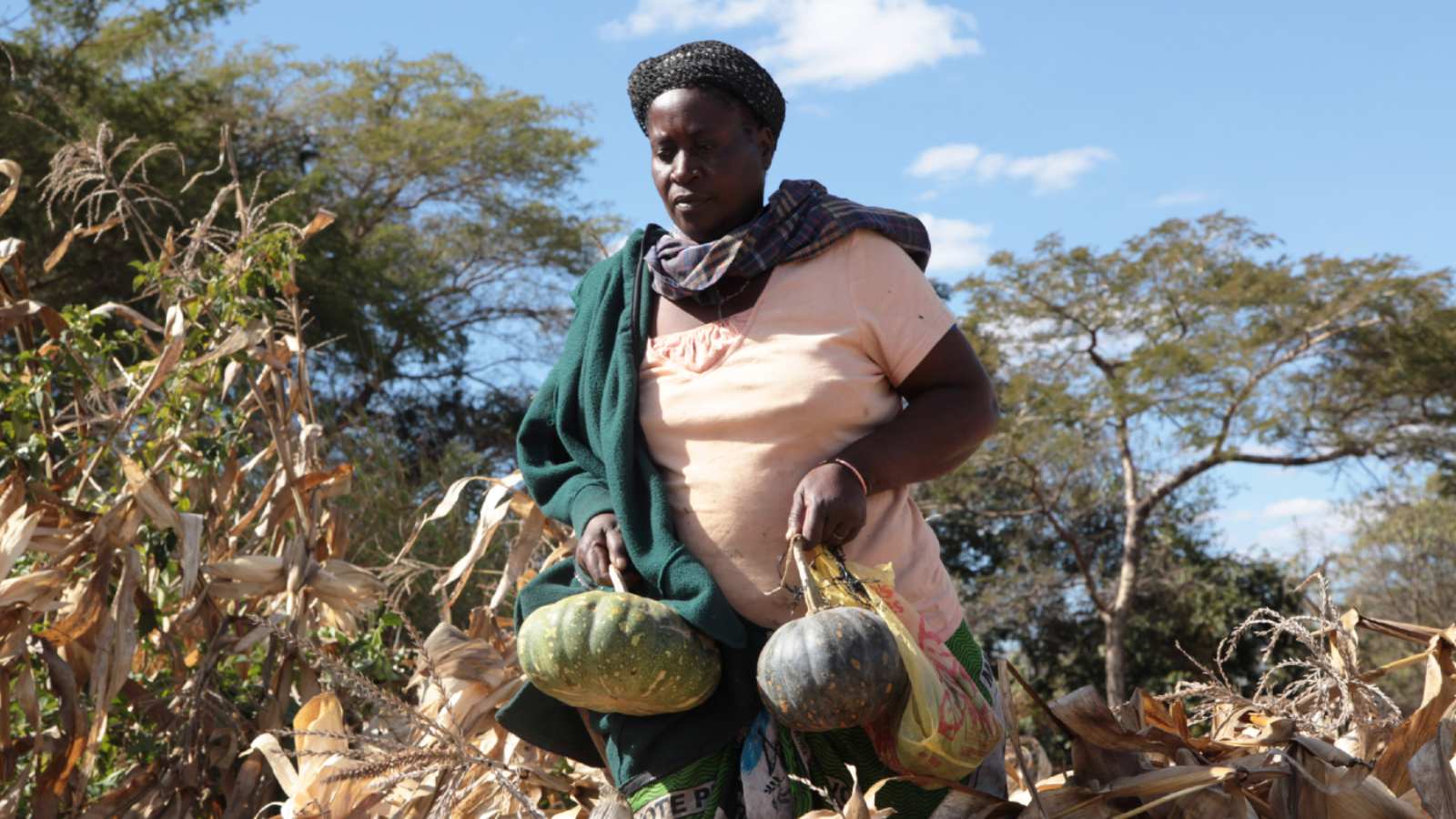6,000 jobs on the line on horticulture farms
This article was first published on the website of Hivos Southern Africa.
More than 6,000 jobs are on the line in the horticulture sector amid calls for the government to intervene and support farming which, like other sectors of the economy, has been hit hard by the COVID-19 pandemic.
The horticulture sector employs more than 6,600 workers whose job security has always been precarious even before the impact of the COVID-19 pandemic.
In a May 2020 survey by Hivos and its partner Labor and Economic Development Research Institute of Zimbabwe (LEDRIZ) titled Impact of Covid-19 on the Horticulture Sector in Zimbabwe farmers have sent a distress signal urging government to support the horticulture sector in order to, among other things, save thousands of jobs that may be lost in the wake of the pandemic.
The 2020 National Budget highlighted that given the significance of the horticulture sector, it would be the first to receive support through an Export Revolving Fund. The Fund, with a seed capital of US$20 million was to be effective from 1 January 2020. However, by the time of the survey, the Horticultural Development Council highlighted that it had not received any of such support.
Farmers called for government to allocate a quota towards the horticulture sector from the ZWL$2,880 billion earmarked for the Vulnerable Farmers Input Support Programme under the COVID-19 ZWL$18 billion Economic Recovery and Stimulus Package.
“Before the pandemic, we had been planning to retrench workers due to low demand and challenging operating environment of our products. Now the pandemic has worsened our problem and is forcing us to quicken the retrenchment process,” one farmer told the survey.
The survey says farmers have suffered huge losses emanating from national and international lockdowns affecting production, prices and incomes, thus, threatening viability of the sector and therefore needs government support.
According to the survey, the closure of food service venues such as restaurants and hotels, informal vegetables and flower markets, and, temporary disruptions in food processing and distribution have led to unprecedented pressures on the entire horticultural and agriculture supply chain.
Production, exports, incomes, servicing of farm machinery and farm investments had been severely affected thereby threatening business viability, with some farmers fearing non-recovery from the losses already incurred.
“The plight of farmers as business agents has historically been overlooked by government, with much focus placed on economic players in the manufacturing or financial sector businesses,” the survey says
But in the context of COVID-19 and the need to maintain national food security, as well as high safety and hygienic standards, the survey says, farmers should also be provided with targeted stimulus packages like other sectors of the economy in order to save jobs.
The survey highlighted there will be job losses especially among non-permanent workers. It also stressed that jobs and wages in the horticulture sector should be protected.
The survey showed that employers had directed non-residential farm workers not to report for work and stay at home.
Casual workers who were signing fortnightly and weekly contracts have not had the opportunity to renew their contracts of employment and hence are currently out of employment.




